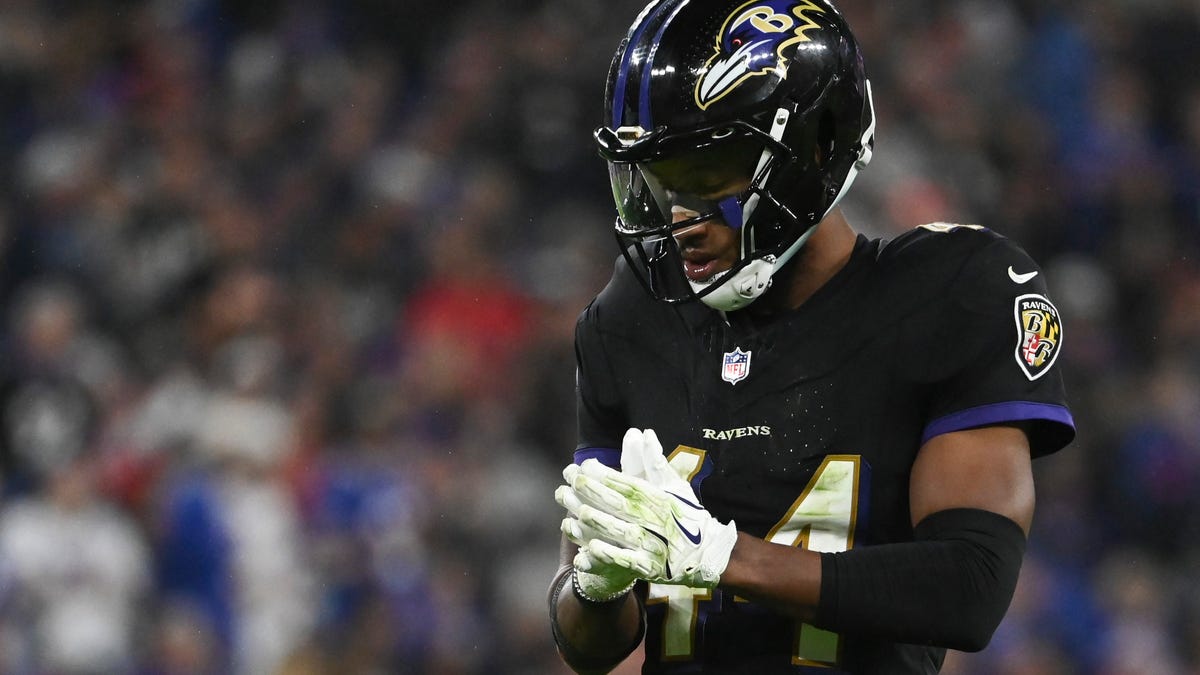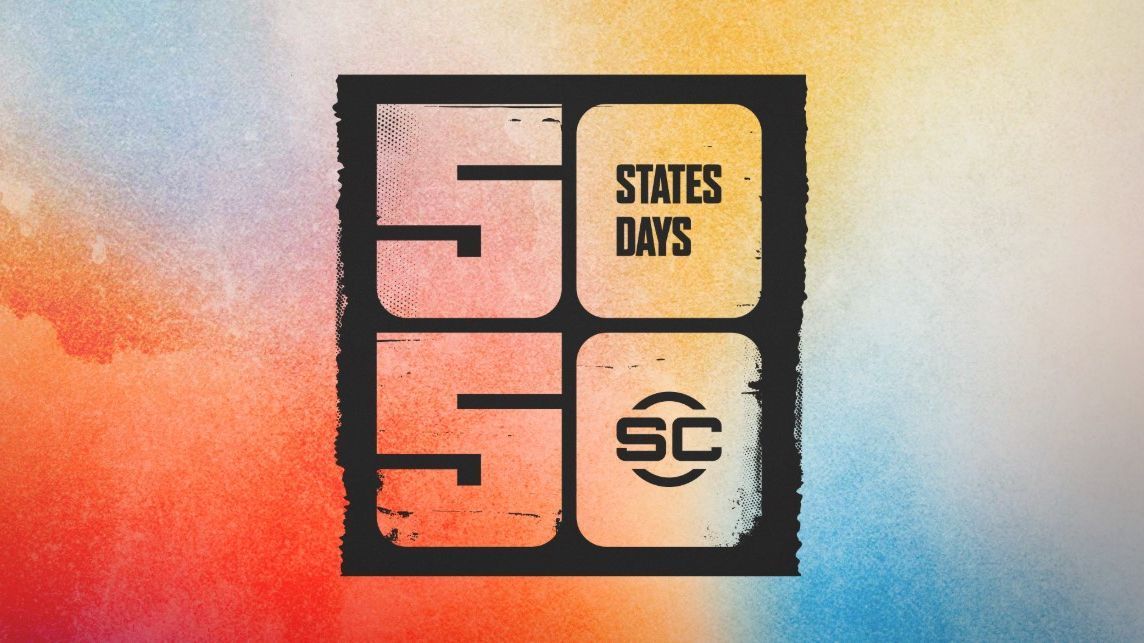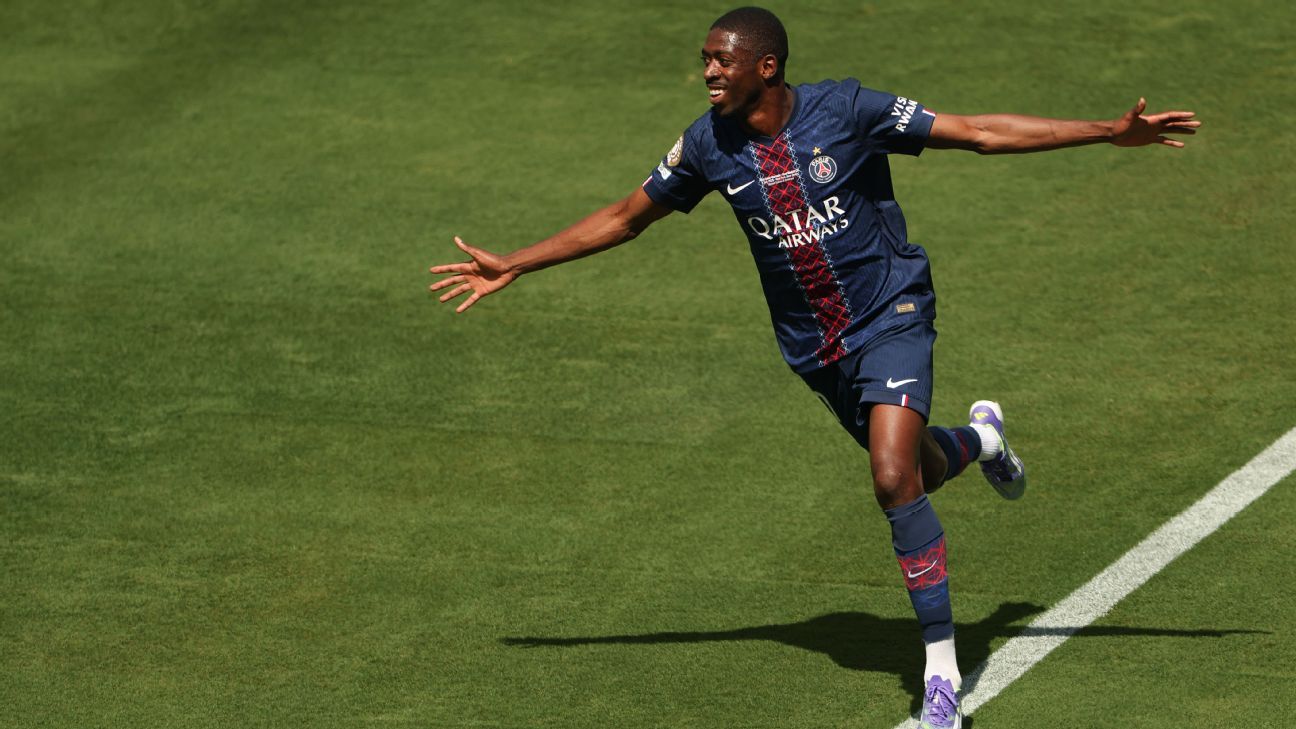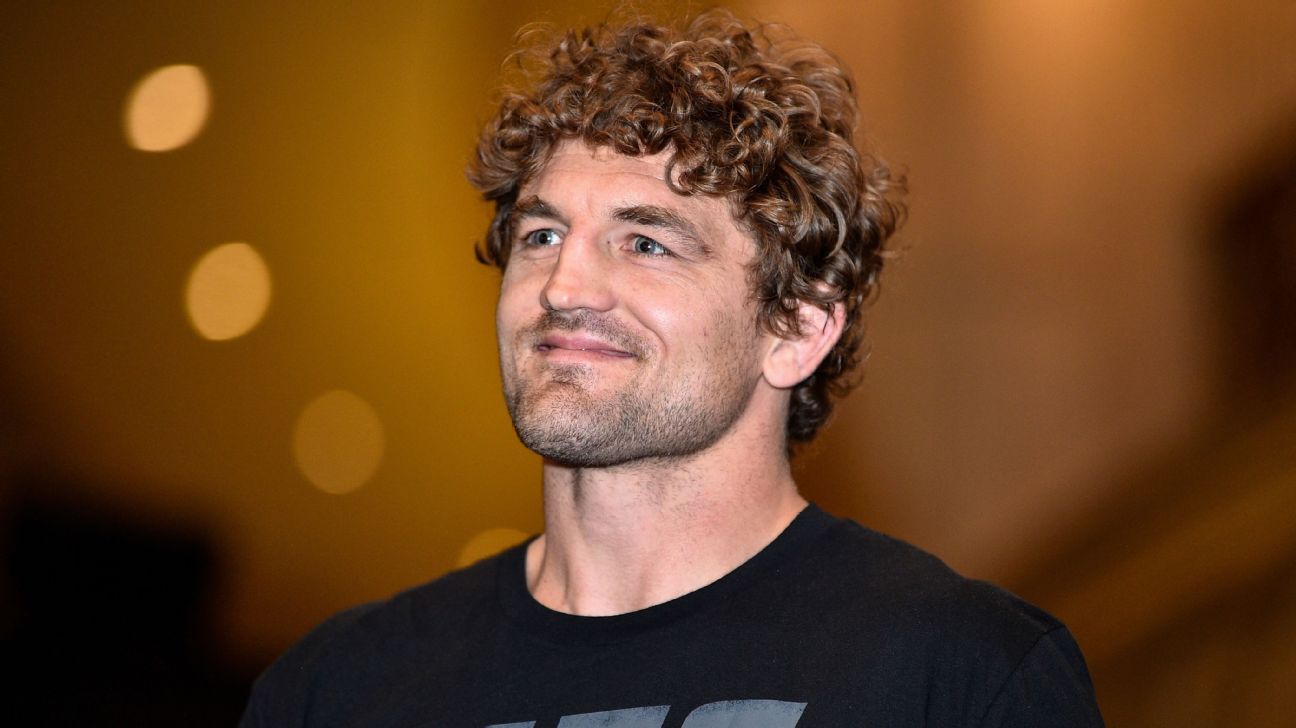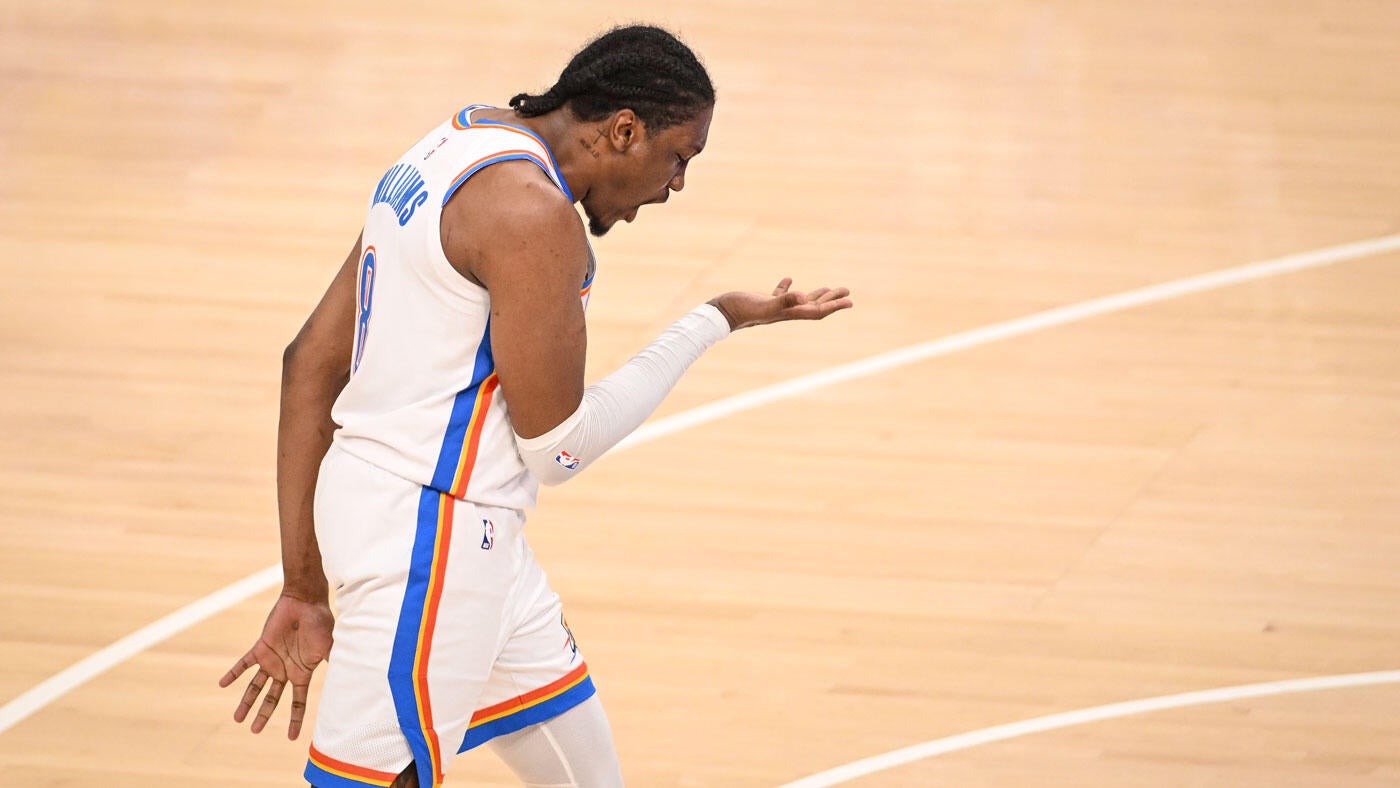
While everyone knew that Pacers guard Tyrese Haliburton was dealing with a significant injury during the 2025 NBA Finals, Thunder guard Jalen Williams was also playing through an extremely painful injury that he had initially suffered months earlier.
Williams recently revealed that he completely tore the scapholunate ligament in his right wrist during the Thunder’s 125-112 win over the Phoenix Suns on April 9. Despite the injury and the immense pain that came with it, Williams didn’t miss a single game during Oklahoma City’s successful run through the playoffs that ended with a championship.
“I kind of heard like a paper ripping noise,” Williams said while recalling when the injury took place. “My hand is just on fire, like the whole top of my wrist is on fire.”
Williams, who said that he recently underwent surgery on his right wrist, said that he had already been dealing with a wrist sprain for the majority of the season. This injury, however, was unlike any he had previously experienced.
Swelling, Williams said, was one of the main challenges associated with the injury. The swelling of his entire right hand forced Williams to completely alter his game from an offensive standpoint.
“I basically changed my jump shot to shoot in a way that required touch and only used my fingertips so that I wouldn’t have to follow through all the time.”
Williams said that he and the Thunder took full advantage of the break that occurred between the end of the regular season and the start of the postseason. Williams made the necessary changes to his game, while the team’s medical staff went to work, too. In addition to heavy taping and Ibuprofen, Williams started receiving cortisone and lidocaine shots in order to practice. Williams would continue to receive lidocaine shots before the start of each playoff game.
While he isn’t comparing himself to Kobe Bryant, Williams was informed at that time that the former Lakers great had also played through the injury. He was going to try to as well.
“I got 28 or 29 shots in my hand throughout the playoffs,” he said. “I just thought, ‘that can’t be for nothing.’ That was my mentality.”
While his wrist survived one setback during the team’s first-round sweep of Memphis, Williams said that the injury really started to impact him during the Thunder’s second-round series with Denver, as the physical play in the series led to his lidocaine shot wearing off too soon. Williams said that his right hand was “swollen for a good amount of the Denver series” while adding that a play involving Nuggets forward Aaron Gordon “completely jacked up” his wrist for the final four games of the series.
Oklahoma City’s medical team responded by giving Williams the lidocaine shot closer to tip-off. While that led to a more painful first half, Williams said that the shot would start to kick in at the start of the second half while ensuring that it would be in better shape at the end of the game. The plan worked as Williams scored 24 points on nearly 59% shooting for the field in Oklahoma City’s series-clinching win in Game 7.
Williams said that he was in a “really good routine” entering the Thunder’s Western Conference finals showdown with Minnesota. Things went just as smooth during the series, which the Thunder won in five games.
“Just got lucky with that series,” he said. “[The wrist] just progressively got worse, but I just got used to it, just with the reps, how I wanted to shoot, the time off. I just figured out a really good routine and how to keep my hand alive.”
The NBA Finals also went relatively well. While the injury continued to impact him, Williams still averaged 23.6 points, 5 rebounds and 3.7 assists for the series. He came up especially big in Game 5, tallying 40 points, 6 rebound and 4 assists in leading the Thunder to a 3-2 series lead. Williams then had 20 points in the Thunder’s 103-91 title-clinching win in Game 7.
“I didn’t shoot the way I wanted to throughout any series,” Williams said, “which was a little disappointing just because of all the work that I did up until the summer and how well I shot the ball during the season. [It] kind of went out the window just because my dominant hard was just not what it was.”
Despite the injury, Williams’ postseason numbers were largely on par with what he put up during the regular season. That, however, didn’t stop the outside criticism from fans and media members who had no idea what Williams was playing through.
“I didn’t want the media to know that I was dealing with stuff because I didn’t want other teams to know that my hand was jacked up,” he said. “When you’re playing in the playoffs, for the most part, everybody’s hurt, and I just didn’t want that to be an excuse on my performance or something that detoured me from the end goal.”




